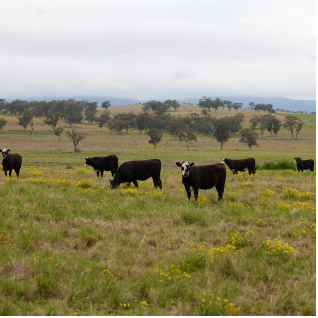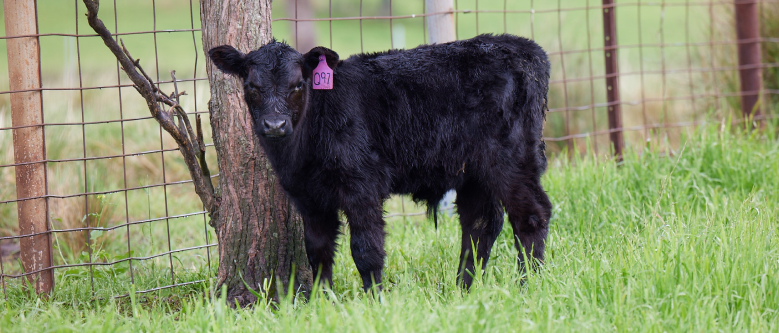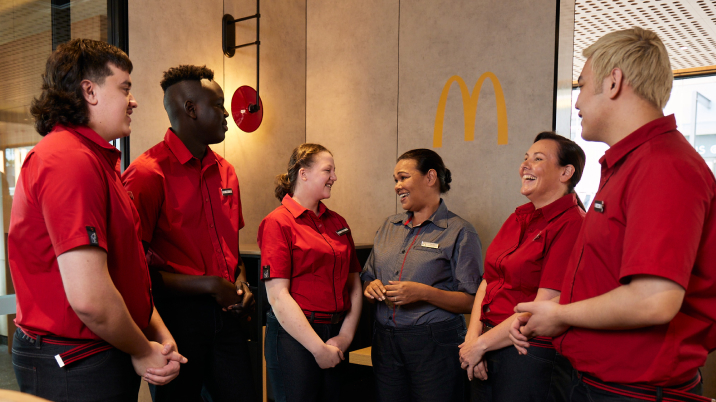
Reducing agricultural emissions
At McDonald’s, we believe well-managed beef production plays an important role in thriving food systems for people, animals and the planet.
To this end, we approach beef sustainability holistically and consider our impact on the planet, the livelihoods of the people who produce our food, the communities in which they live and the well-being of the animals we rely on.
We are working with suppliers on agricultural practices that reduce climate impact, improve water conservation and improve efficient land use.
Practices being trialled in the sourcing of beef include:
-
Feed additives to reduce beef emissions
-
Pasture rotation practices to improve carbon retention
-
Research into herd efficiencies and interaction between dairy and beef supply

McDonald’s is measuring progress on emissions reductions globally through the SBTi (Science Based Targets Initiative). The SBTi is a partnership between CDP, the United Nations Global Compact, World Resources Institute (WRI) and the World Wide Fund for Nature (WWF).
We actively support the Australian Beef Sustainability Framework, through participation in its external consultation committee. To date, we've committed more than $1 million to advance sustainable production of Australian beef.
Over the last 3 years, McDonald’s has worked with Meat & Livestock Australia and the Queensland University of Technology on a study to find out whether time-controlled grazing can increase the level of carbon stored in soil and therefore reduce greenhouse gas emissions.
Using state of the art technology, such as carbon flux towers, research findings will help us better understand the land management practices which impact emissions reductions.






